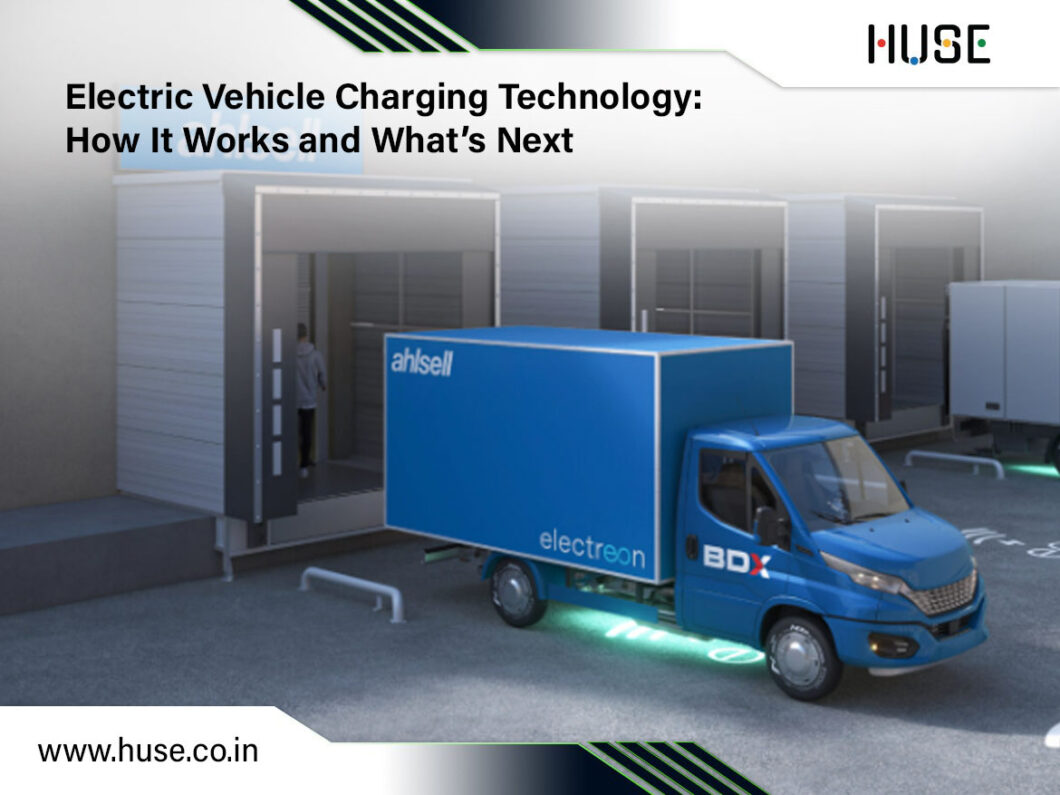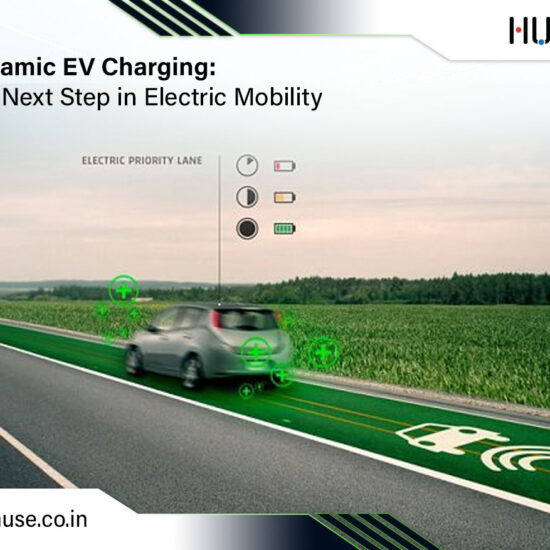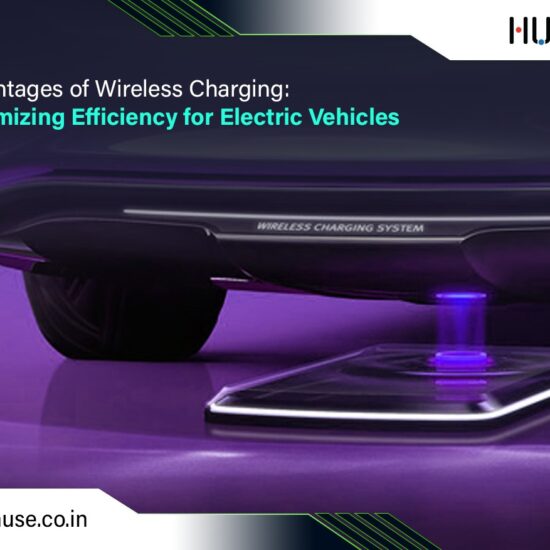Electric vehicles (EVs) are revolutionizing the way we think about transportation.
With increasing environmental concerns and rising fuel costs, EV adoption is on the rise. However, a major factor that determines the convenience and efficiency of EVs is electric vehicle charging technology. Whether you are an EV owner or someone considering making the switch, understanding the different charging technologies is crucial.
The Importance of Electric Vehicle Charging Technology
A well-developed charging infrastructure enables the EV’s sustainability & adds to the convenience of owning one. The charging system affects the following:
- Charging speed and efficiency
- Convenience and accessibility
- Cost-effectiveness
- Battery health and longevity
- Charge Cycles
Types of EV Charging Technologies
EV charging can be broadly classified into Conductive (Wired Charging) and Inductive (Wireless Charging). Let’s break them down.
1. Wired Charging (Conductive Charging)
Wired charging is the traditional method that requires a physical connection between the EV and a power source. The methods of power transfer can be bifurcated into :
AC Charging
- Single-phase AC charging: Typically used in homes, this method is slower but convenient.
- Three-phase AC charging: Found in public charging stations, it offers faster charging.
- AC charging requires an onboard charger (OBC) to convert AC power to DC for battery storage.
- Power levels: Up to 20 kW
- Charging time: 2–6 hours
DC Charging
- Also known as fast charging, this method directly feeds DC power to the battery.
- It eliminates the need for an onboard converter, making charging quicker.
Two types:
- Off-board fast charging: Standard fast-charging stations.
- Off-board rapid charging: Ultra-fast systems with higher voltage.
Charging time: Under an hour for high-capacity batteries.
2. Wireless EV Charging System (Inductive Charging)
Wireless charging eliminates cables and allows energy transfer through electromagnetic fields. This method enhances convenience but is still developing.
Types of Wireless Charging
- Near-field charging: Uses inductive or resonant magnetic fields.
- Medium-field charging: Uses magnetic gears to improve efficiency.
- Far-field charging: Future technology involving radio waves and microwaves.
Specification
| Feature | Wired Charging | Wireless Charging |
| Power Transfer Type | Conductive | Inductive (electromagnetic field) |
| Charging Speed | Fast (DC), Moderate (AC) | Moderate (developing) |
| Power Level | Up to 350 kW (DC) | Up to 22 kW (currently) |
| Installation Cost | Moderate | High |
| Infrastructure | Widespread | Limited, emerging |
| Ease of Use | Manual plug-in | Automatic, hands-free |
Pros and Cons of Wired and Wireless Charging
| Aspect | Wired Charging | Wireless Charging |
| Efficiency | High | Moderate, improving with innovation |
| Convenience | Manual effort needed | Seamless, hands-free operation |
| Charging Flexibility | Fixed-point charging | Enables charge-on-the-go solutions |
| Battery Impact | Potential wear due to fast charging | Enhances battery cycle life |
| Safety | Risk with high-voltage systems | Safer with no exposed cables and buried systems |
| Maintenance | Susceptible to vandalism and wear | Low-maintenance, tamper-proof setup |
| Infrastructure Usage | May need extra space and shelters | Fits within existing road/port infrastructure |
| Interoperability | Standardised for current EVs | Cross-vehicle compatibility in wireless platforms |
| Operational Uptime | Limited to static charging locations | Maximizes uptime with dynamic and opportunity-based charging |
| Cost-Effectiveness | Cost-effective for basic setups | Long-term savings via automated and shared infrastructure |
Factors Influencing EV Charging Technology
- Charging Speed: Faster charging solutions are in demand.
- Infrastructure: Charging stations must be easily accessible.
- Cost: Both installation and operational costs matter.
- Battery Health: Slow charging extends battery lifespan, while fast charging may degrade it over time.
- Environmental Impact: Wireless charging is still being evaluated for energy efficiency.
The Role of HUSE HQ in EV Charging Solutions
HUSE HQ is at the forefront of driving innovations in electric vehicle charging technology. With a focus on sustainable and efficient charging solutions, the company is committed to:
- Developing smart charging infrastructure.
- Enhancing charging efficiency through advanced technology.
- Supporting the adoption of wireless EV charging systems for greater convenience.
Conclusion
Understanding electric vehicle charging technology is essential for EV owners and industry stakeholders. While wired charging remains the dominant method, wireless EV charging systems are gaining traction. As technology advances, we can expect more efficient, accessible, and sustainable charging solutions in the future. Investing in the right charging technology ensures better performance, longevity, and convenience for EV users.
With HUSE HQ, the future of EV charging is smarter, faster, and more convenient.




